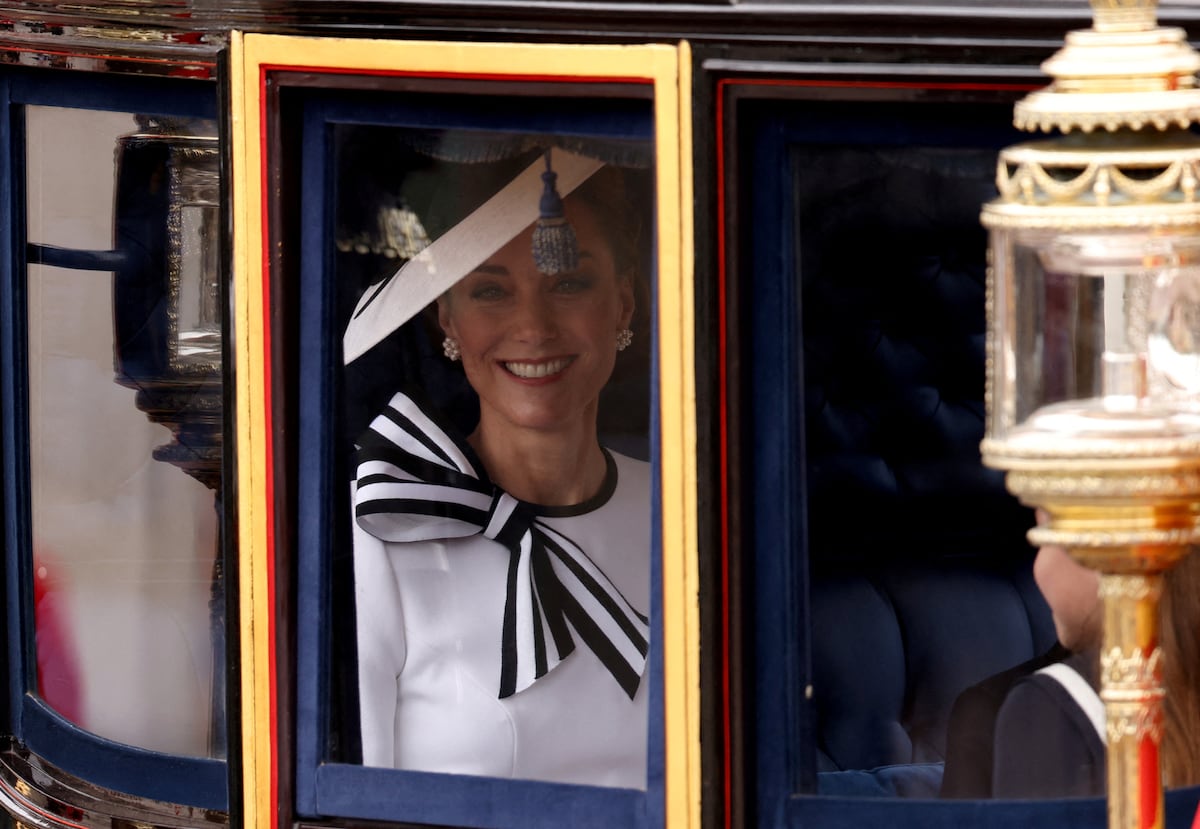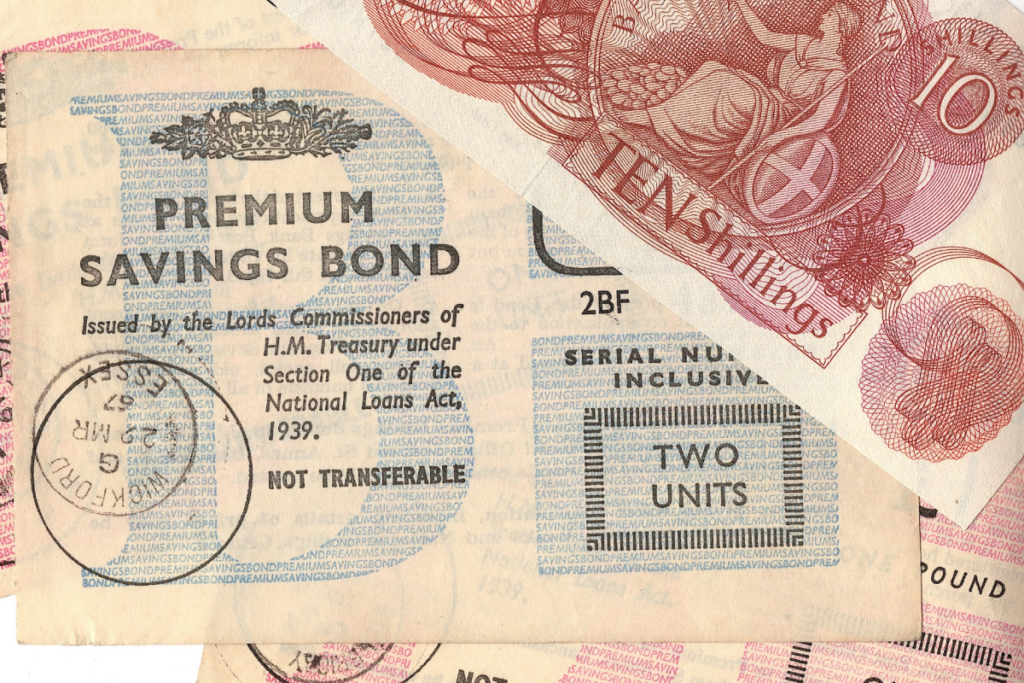In Hong Kong, a young man sentenced for wearing a ‘Liberate Hong Kong’ T-shirt – Technologist
On Monday, September 16, a 27-year-old man became the first Hong Kong resident to be sentenced under the new security law passed earlier this year, known as “Article 23,” which further restricted freedoms in the territory. Chu Kai-pong had been arrested on June 12, the anniversary of clashes between police and pro-democracy demonstrators five years earlier, at a subway station after 25 minutes of wearing a T-shirt reading “Liberate Hong Kong, revolution of our times” and a yellow mask printed with “FDNOL,” an acronym in English for “five demands, not one less,” two slogans from the movement that had shaken the city in 2019 before its draconian takeover by the Chinese authorities.
He pleaded guilty to “acts with seditious intent.” His sentence, which could be up to seven years in prison, is due to be announced on Thursday. Chu had already been sentenced in January to three months’ imprisonment under an older law for wearing the same T-shirt at the airport.
In March, under pressure from Beijing, Hong Kong’s executive council had pushed through this new legislation, the “Safeguarding National Security Ordinance.” It was passed in a rushed procedure by the Legislative Council, which has itself been reformed in recent years to include only “patriotic” members favorable toward Chinese power, while many former democratic candidates have been arrested. The authorities had justified its adoption in the spring by referring to Article 23 of the mini-Constitution dating from the handover of the former British colony in 1997 which provides for the passage of legislation punishing seditious acts.
This legislation comes on top of another law, the national security law imposed in the summer of 2020 which punishes acts of separatism or subversion with sentences of up to life imprisonment. Since then, it has been widely used against opponents including an influential media boss, Jimmy Lai. Security Secretary Tang Ping-keung asserted in the spring that the aim was to close “loopholes” in the law.
Repressive model
In four years, the city has lost most of its freedoms. The young people who dared to demonstrate in 2019 to reject a bill allowing extraditions to mainland China, but who also demanded the protection of their fundamental rights and universal suffrage in defiance of Beijing, have since been arrested in large numbers. They then were tried by the dozen or, when they could, went into exile, particularly to Taiwan or London. One trial in particular brought together 47 defendants in 2023, tried for organizing primaries in the pro-democracy camp in July 2020 ahead of legislative elections.
You have 20.04% of this article left to read. The rest is for subscribers only.


